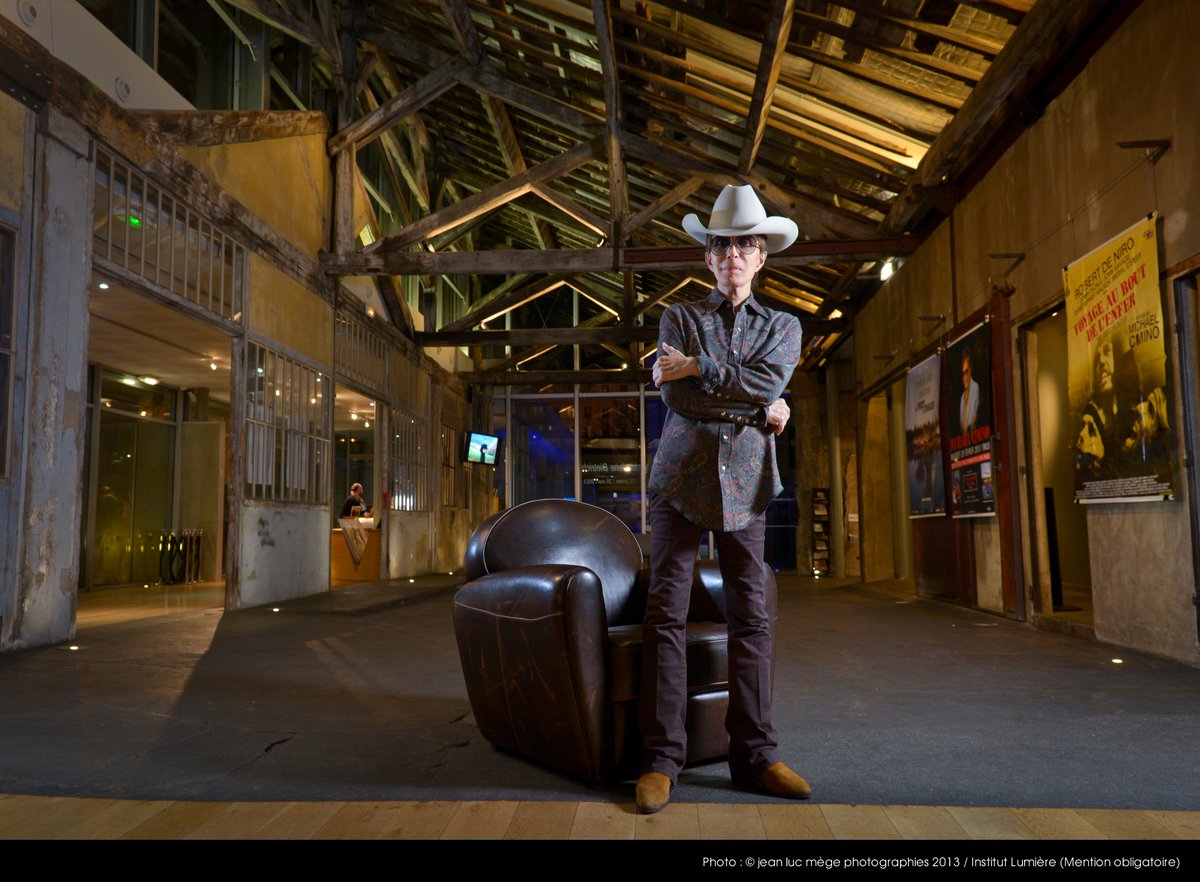RIP Michael Cimino

“For example, let’s take a picture everyone, I think, including me (bud I’d like to defend it) considers a bad picture, Heaven’s Gate. I don’t what you have said about the picture, but I read some articles by Vincent Canby and other people, and I think they said a lot of good things about The Deer Hunter which I think was not that good; just as Heaven’s Gate is not that bad. Even if it’s a failure, in my opinion, failure is much more interesting than success because it is like a sick body. You can look at it and examine it and then say what’s going wrong or not. I think Heaven’s Gate is a very good example. It has a lot of magnificent things that the director cannot follow through on – for very obvious reasons which we can analyze. But the reviewers never say that, and never try to help even someone who is very arrogant, as Cimino is, to make a better picture next time… No but I am thinking that in that picture what was interesting was they got lost. Maybe I would like to talk to you about it because it concerns me as a moviemaker and I am interested in America, which I consider as my home for its mood and my link with Francis – he has a studio and he tries to make a home out of his studio, and I have a home and I would like to make a studio out of it. This is the only link I have with Francis. But I think all good American directors – Scorsese, De Palma, all the famous ones, they are as lost as I am; we are not turning out the pictures we could turn out. I could deliver a much better picture, Martin could, Francis could, but we are not. When I saw Heaven’s Gate two days ago I thought that he was trying to make a picture in America when a big picture – like Griffith – is no longer possible. It’s like seeing an artist who is crippled but doesn’t know it. It is very interesting; because Michael is inventing it as he goes along, he is only capable of turning out a few shots within a three-hour movie, but those few shots are much more interesting than a lot of shots in other pictures because it makes you understand what making a movie is. He is trying to make an American and that is very interesting… Well, look at the way the industry works. Even if you are not like a Time critic (because Time is in the movie business too), you are still part of the industry. Making a newspaper is part of the industry, it’s part of the culture… But I think if American movies are not so good today, it’s because you there should be a different way of writing about them. I don’t know if it’s possible – from what you say it’s not. You are not free, for example, to write regularly about an unknown movie. You would be fired by you editor. You are not free – let me put it that way. When I checked on the last two years of articles that you wrote in The New Yorker (I don’t want to attack you personally), you tried to be different from the other ones to a certain point. You told me about Kagemusha, for example. That you tried to review it after everyone else had reviewed it. But why not two years after, why not two years before? Why don’t you speak of a movie before it is completed? You are a movie critic. A movie critic is not just being a reviewer. You write about a Paramount picture when Paramount decided to open it. And so where is the freedom?” – Jean-Luc Godard in conversation with Pauline Kael (1981)

No comments:
Post a Comment